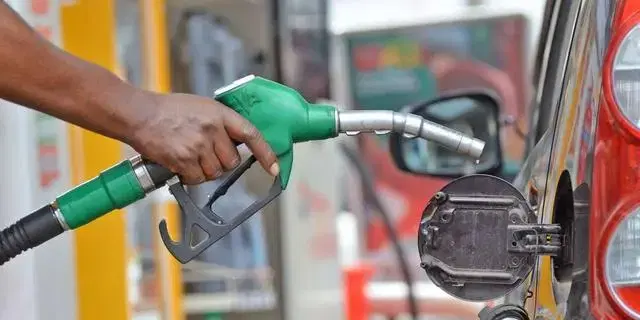
As Nigerians continue to express frustration over the recent hike in fuel prices announced by the Nigerian National Petroleum Company (NNPC) Limited, Gistreel provides the latest updates on petrol scarcity, fuel price increases, and the reactions from both the government and citizens.
Despite mounting calls for Nigeria to end fuel importation and rely on the Dangote Refinery, the country imported 1.947 million metric tonnes of petroleum products between October 1 and November 11.
According to documents obtained by The Cable, 110 fuel cargoes were discharged at terminals in Warri, Port Harcourt, Calabar, and Lagos over the six-week period.
The imports included premium motor spirit (PMS or petrol), automotive gas oil (AGO or diesel), and Jet-A1 (aviation fuel).
The Nigerian National Petroleum Company Limited (NNPCL) has dismissed reports suggesting it has stopped importing refined petroleum products. The company described these claims as a “misrepresentation and misinterpretation of facts.”

The reports, widely circulated online, alleged that NNPCL’s Group Chief Executive Officer, Mele Kyari, announced plans to cease fuel importation in favor of sourcing supplies from the Dangote Refinery and other local facilities.
In a statement clarifying the issue, NNPCL’s Chief Corporate Communications Officer, Femi Soneye, explained that while Kyari’s comments during the Nigerian Association of Petroleum Explorationists conference in Lagos were accurately quoted, the interpretation given in the reports was misleading.
The conference, themed “Resolving the Nigerian Energy Trilemma: Energy Security, Sustainable Growth, and Affordability,” served as the backdrop for the alleged remarks.
The International Monetary Fund (IMF) has criticized the effectiveness of Nigeria’s recent economic reforms, such as the removal of fuel subsidies and the floating of the naira, stating that they have failed to yield meaningful results 18 months after their implementation.
In its latest report on Sub-Saharan Africa, the IMF highlighted that Nigeria has struggled to achieve reform objectives, with a projected 2024 economic growth rate of 3.19%—falling below the regional average of 3.6%.
While the IMF acknowledged notable progress in countries like Côte d’Ivoire, Ghana, and Zambia, Nigeria was absent from the list of success stories.
Speaking at the Lagos Business School, IMF Deputy Director Catherine Patillo noted that while macroeconomic imbalances are easing across much of the region, Nigeria has not benefited from this trend.
Patillo also emphasized that fiscal consolidation efforts have gained traction in many Sub-Saharan African nations, including Ghana and Zambia, leaving Nigeria behind.
Stakeholders in the food sector argue that the reforms have failed to improve access to basic necessities, compounding the economic challenges faced by ordinary Nigerians.

Leave a Reply